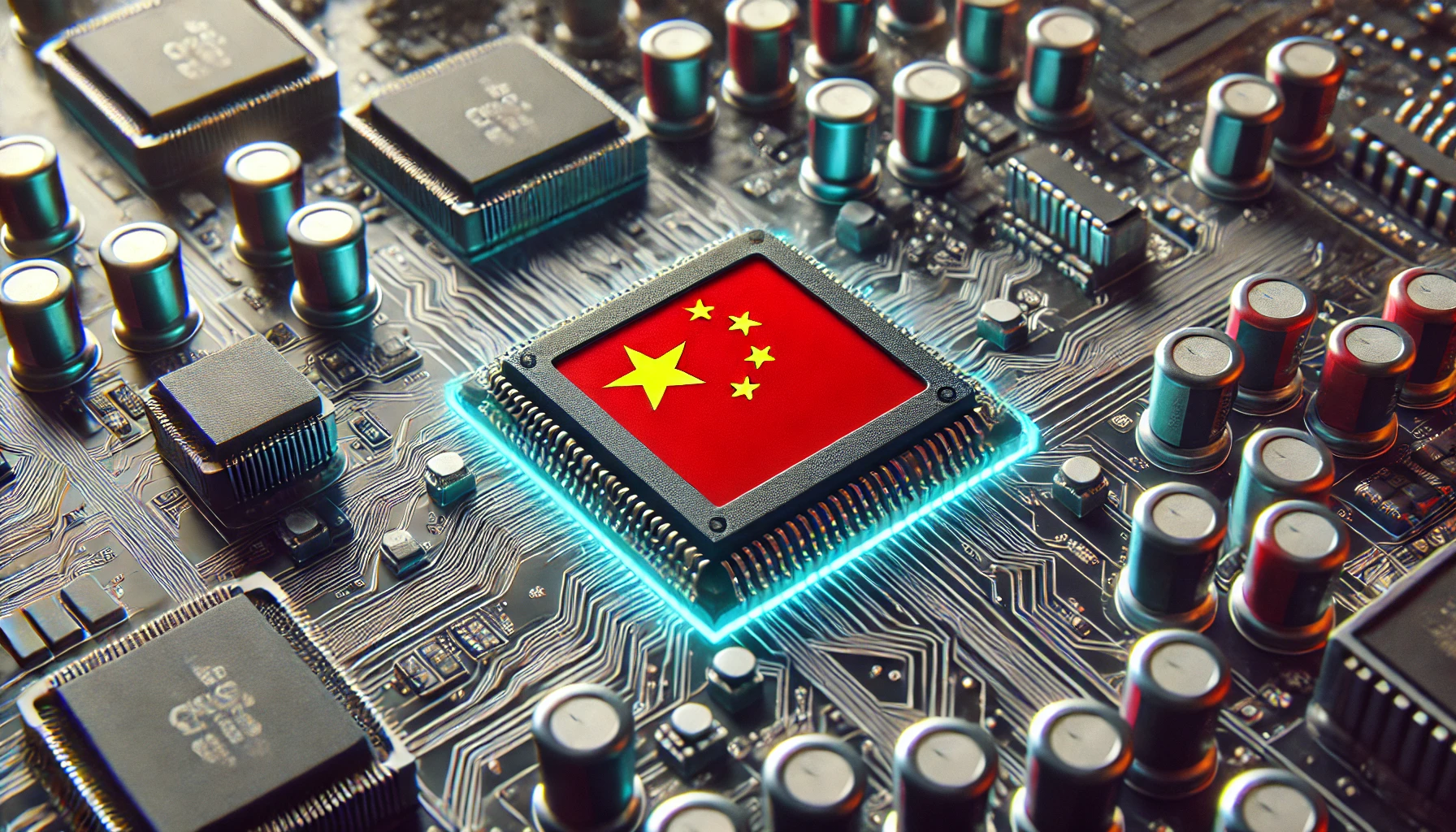
According to a recent report by the Financial Times, Intel Capital is one of the most active foreign investors in China’s artificial intelligence and silicon startups. Currently, Intel Capital owns stakes in 43 startup companies across China. This investment activity may have influenced the U.S. government’s decision to impose new investment restrictions.
Intel has maintained its investment strategy in China despite escalating tensions between Washington and Beijing over technology issues. The U.S. government is increasingly concerned about China’s progress in artificial intelligence and advanced semiconductor technologies, fearing they might be used for military purposes.
In response, the Biden administration announced new measures in June aimed at curbing American venture funding for Chinese technology companies. These measures could compel Intel Capital to divest its stakes in many of the Chinese companies it currently supports. The new regulations, anticipated to be finalized later this year, are designed to prohibit U.S. investment in Chinese companies involved in developing semiconductors, quantum computers, or AI systems, according to the New York Times.
Despite these looming regulations, Intel and its venture capital arm have continued their investment activities in China. Intel Capital recently participated in a fundraising round for Shenzhen-based AI-Link and led a funding round for North Ocean Photonics, a company based in Shanghai. Last year, Intel opened a semiconductor innovation hub in Shenzhen.
The U.S. government has also been pressing its allies to take stronger actions against China’s technological progress. Dutch chipmaking equipment company ASML has faced restrictions on selling to Chinese firms and has been urged to stop servicing equipment already sold in China. However, there are suspicions that the U.S. government might be lenient with its own companies. Reports from Nikkei Asia indicate that U.S.-based competitors of ASML, such as Applied Materials and Lam Research, rely on China for over 40% of their revenue.
Intel has been vocal about its opposition to the sanctions on China. CEO Pat Gelsinger recently criticized these measures, claiming they were wasting market opportunities for companies like Intel. Earlier this year, Intel received a substantial financial boost from the U.S. government under the CHIPS and Science Act. The company was awarded $8.5 billion in direct funding and up to $11 billion in loans to enhance American chip manufacturing capabilities to compete with rivals such as China.
| Company | Industry | Location |
|---|---|---|
| AI-Link | Artificial Intelligence | Shenzhen |
| North Ocean Photonics | Photonics | Shanghai |
| Company 3 | Industry 3 | Location 3 |
| Company 4 | Industry 4 | Location 4 |
| Company 5 | Industry 5 | Location 5 |
Featured Image courtesy of DALL-E by ChatGPT
Follow us for more updates on Intel.
